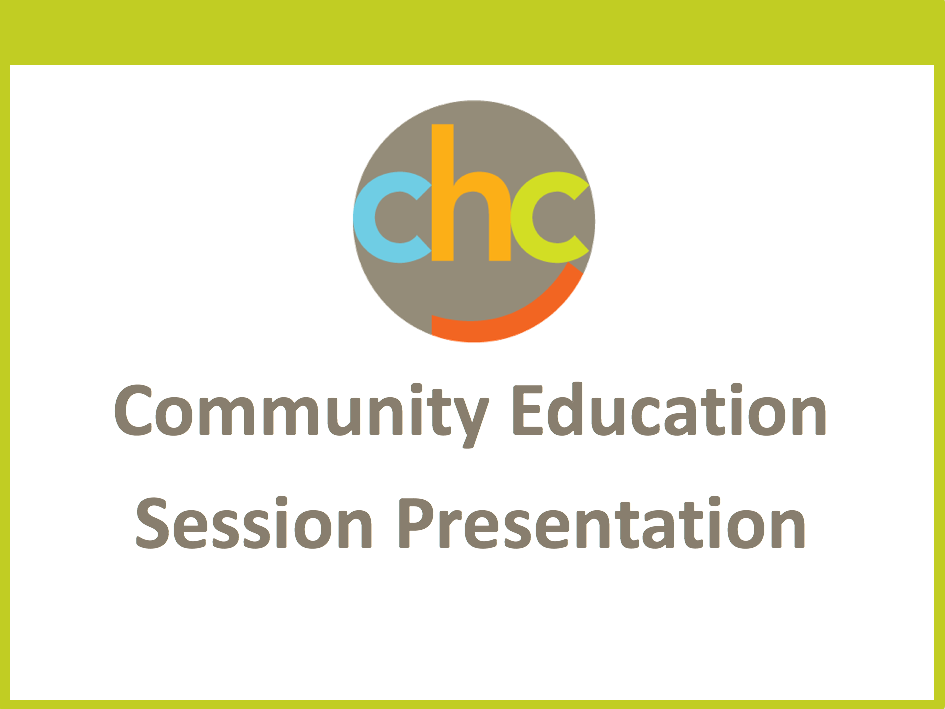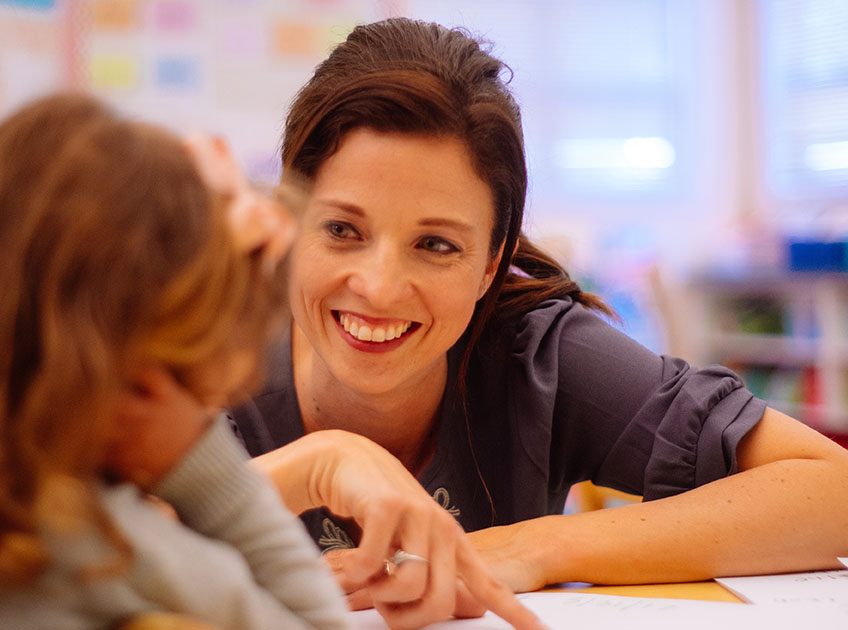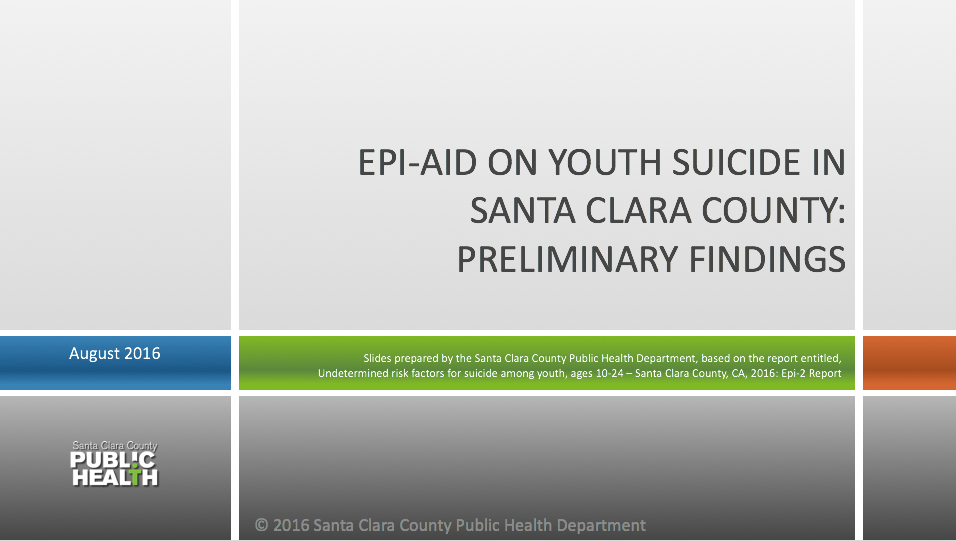Growing Up Male: It’s Not Easy [presentation]
Which emotions do you associate with males that define masculinity? How well do you handle emotions such as sadness, frustration, vulnerability, shame, or fear?
This presentation discusses emotional development and the emotional development of boys and men. Learn about some of the myths regarding emotional development and how parents can help their sons to both express and manage emotions in this presentation by Chris Harris, M.Ed and Brandon Carlton, Behavior Specialist. Read more ›




 It may be hard at this age to engage your child in a long discussion about emotions, but taking a couple of minutes a day to ask “What made you feel good today?” or “Did anything upset you today?” is a great way to show you care. Try to avoid questions that will get a “yes” or “no” answer to create more conversation.
It may be hard at this age to engage your child in a long discussion about emotions, but taking a couple of minutes a day to ask “What made you feel good today?” or “Did anything upset you today?” is a great way to show you care. Try to avoid questions that will get a “yes” or “no” answer to create more conversation.
 In her book, The Conscious Parent’s Guide to ADHD: A Mindful Approach for Helping Your Child Gain Focus and Self-Control,
In her book, The Conscious Parent’s Guide to ADHD: A Mindful Approach for Helping Your Child Gain Focus and Self-Control, 

 Parents wonder what they could be doing to better help their kids navigate the sometimes-treacherous waters of their adolescent years. Fortunately, scientists who study teen depression have some preliminary advice.
Parents wonder what they could be doing to better help their kids navigate the sometimes-treacherous waters of their adolescent years. Fortunately, scientists who study teen depression have some preliminary advice.
 The Greater Good Science Center (GGSC) is part of University of California at Berkeley’s
The Greater Good Science Center (GGSC) is part of University of California at Berkeley’s 

